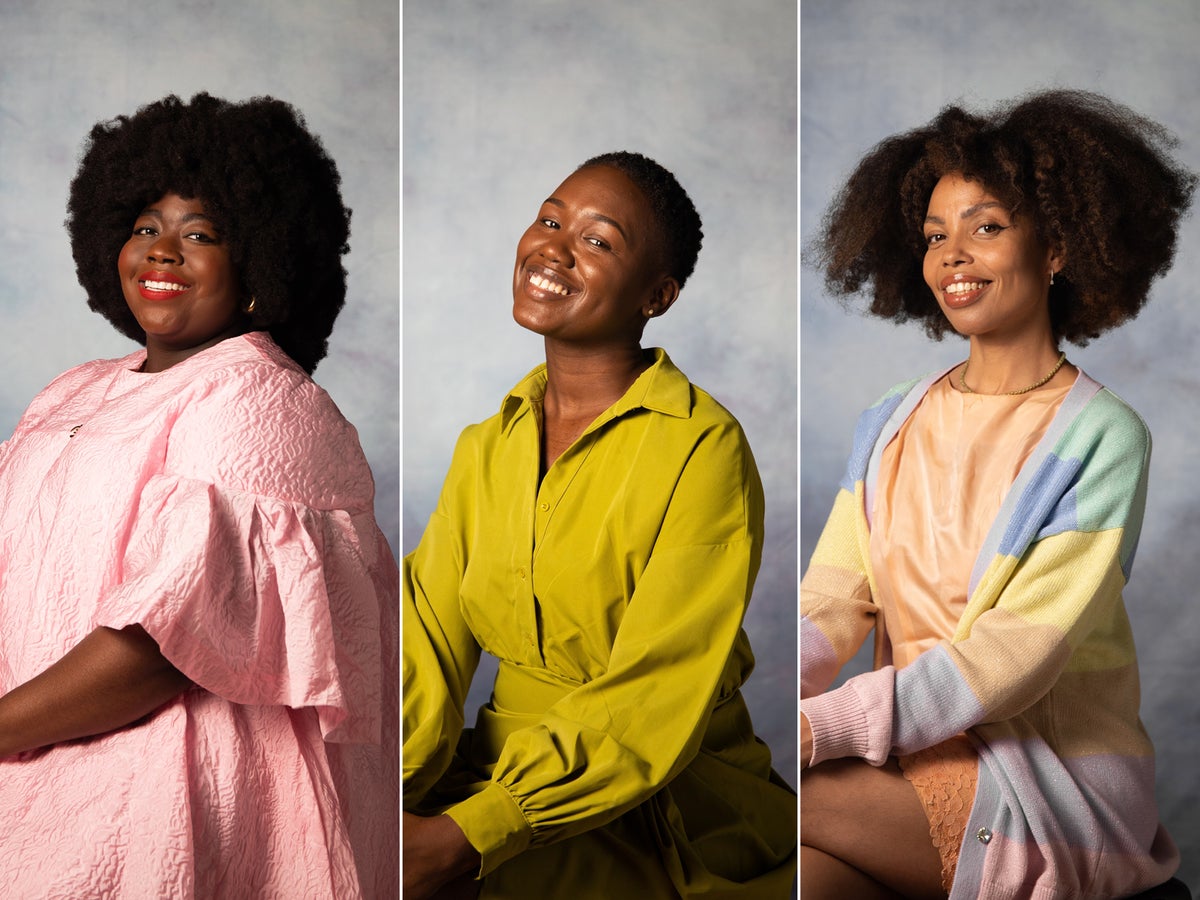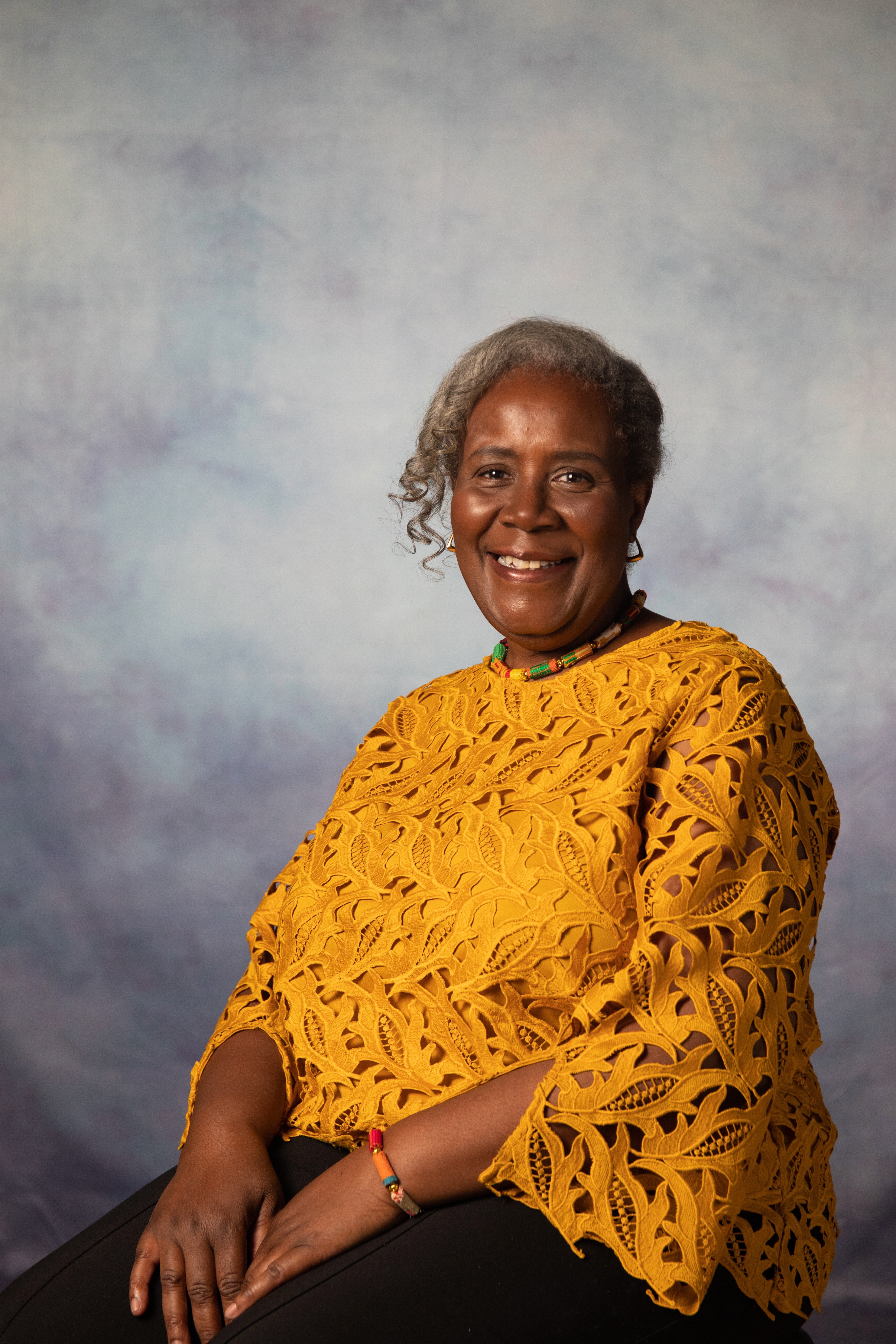
Almost half of Black and mixed-race women have experienced race-based hair discrimination at school, according to a new study.
Of these, more than half (57 per cent) say they continue to deal with hair-related trauma today.
Research conducted by Censuswide on behalf of Dove UK polled 2,000 women to find out more about their experience of hair discrimination, which they found begins as early as five-years-old.
Of those who suffered racially charged comments in relation to their hair, 71 per cent said these came from their fellow peers, with almost a third coming from teachers (32 per cent), and nearly a quarter (24 per cent) from headteachers.
Over a third of respondents (34 per cent), said this was a recurring issue which their white counterparts did not experience.
Now, Dove has launched ‘Reclaiming School Picture Day’, after it found that a third of women with afro or textured hair missed their annual school photograph due to anxiety surrounding their hair.
An accompanying film shows a cast of eight women, including authors and activists Emma Dabiri and Stephanie Yeboah sharing their stories of race-based hair discrimination.
“When I was younger, my head of school forced everyone to shave their afros off because they deemed them unkempt, unruly and not smart looking,” Yeboah said.
“When it came to school picture days, I used to try and chemically straighten my hair to try and fit in with the Eurocentric ideals of beauty at the time. It’s taken me some time to get there but since then, I now embrace my afro and wear it unapologetically.”

Dabiri added: “I think we still have a long way to go when it comes to understanding Black hair, how it grows and the significance of its difference when compared to European hair textures.
“These differences can result in varying styling practices and techniques for Black or mixed-heritage students, and it’s important for teachers and those in positions of power to be aware of this, so those pupils aren’t penalised for how they wear their hair.
“This is why I've been campaigning to amend the UK Equality Act to explicitly protect afro and textured hair, to put an end to race-based hair discrimination in schools.”
Those wishing to put an end to race-based hair discrimation can join Dove here where you can sign Emma Dabiri and Zina Alfa’s petitions to make hair discrimination illegal under the UK Equality Act.
The Equality and Human Rights Commission (EHRC) confirmed in July that it would be looking at revising its position on the discrimination Black people face because of their hair following a string of high-profile cases and widespread campaigning on the issue.







